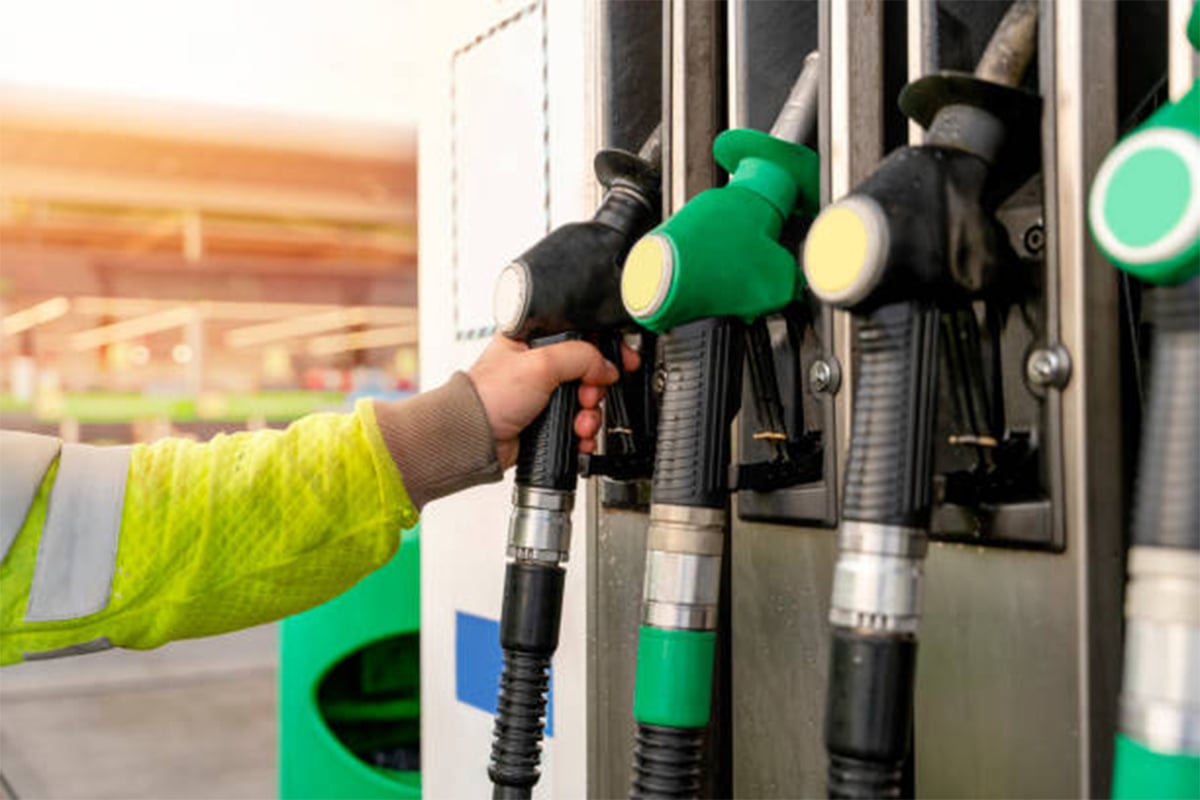Diesel Pump vs. Gasoline Pump: Which is More Efficient?
Introduction:
In today's world, where fuel efficiency and environmental impact are significant concerns, the choice between a diesel pump and a gasoline pump plays a crucial role. Both fuels have their merits and drawbacks, and understanding their efficiency can help consumers make informed decisions. In this article, we will delve into the various aspects of diesel and gasoline pumps to determine which one is more efficient.
1. Fuel Composition
One of the primary differences between diesel and gasoline pumps lies in their fuel composition. Diesel fuel is heavier and denser compared to gasoline, which results in a higher energy content per gallon. On the other hand, gasoline contains more volatile compounds, making it easier to ignite.
2. Combustion Efficiency
When it comes to combustion efficiency, diesel engines have an advantage over gasoline engines. Diesel fuel has a higher compression ratio, which allows for more complete combustion. This higher combustion efficiency results in better fuel economy and lower emissions.
3. Energy Efficiency
Diesel fuel contains more energy per gallon compared to gasoline. This higher energy density translates into better energy efficiency for diesel engines. Diesel pumps are known for providing more miles per gallon (MPG) compared to their gasoline counterparts.
4. Torque and Power
Diesel engines are known for their high torque output, making them ideal for heavy-duty applications such as towing or hauling. Gasoline engines, on the other hand, are typically more powerful and offer higher RPM (revolutions per minute), making them better suited for acceleration and high-speed driving.
5. Price and Availability
In most regions, gasoline is more readily available and cheaper compared to diesel fuel. However, the price difference can vary depending on factors such as location and market fluctuations. It is essential to consider the cost and availability of fuel when deciding between a diesel or gasoline pump.
6. Environmental Impact
When it comes to environmental impact, diesel fuel tends to produce more nitrogen oxide (NOx) and particulate matter (PM) emissions compared to gasoline. However, advancements in diesel engine technology, such as diesel particulate filters and selective catalytic reduction systems, have significantly reduced these emissions.
7. Maintenance and Longevity
Diesel engines are generally more robust and durable compared to gasoline engines. They are designed for heavy-duty use and have a longer lifespan. However, diesel engines also require more regular maintenance, such as changing fuel filters and periodic injector cleaning.
8. Fuel Efficiency in Different Applications
The fuel efficiency of diesel and gasoline pumps can vary depending on the application. In general, diesel engines excel in large vehicles, such as trucks and buses, where their high torque and fuel efficiency shine. Gasoline engines, on the other hand, are often preferred in smaller vehicles and those requiring quick acceleration.
9. Future Trends
As the automotive industry continues to evolve, there is a growing focus on alternative fuels and electric vehicles. While diesel and gasoline pumps dominate the market currently, we can expect to see increased adoption of hybrid and electric technologies in the future, further reshaping the efficiency landscape.
10. Conclusion
When comparing diesel pumps to gasoline pumps in terms of efficiency, it is clear that diesel engines provide better fuel economy and energy efficiency. However, gasoline engines offer advantages in terms of power and acceleration. The choice between the two ultimately depends on the specific needs and priorities of the consumer. As technology advances, we can expect further improvements in both diesel and gasoline engine efficiency.


